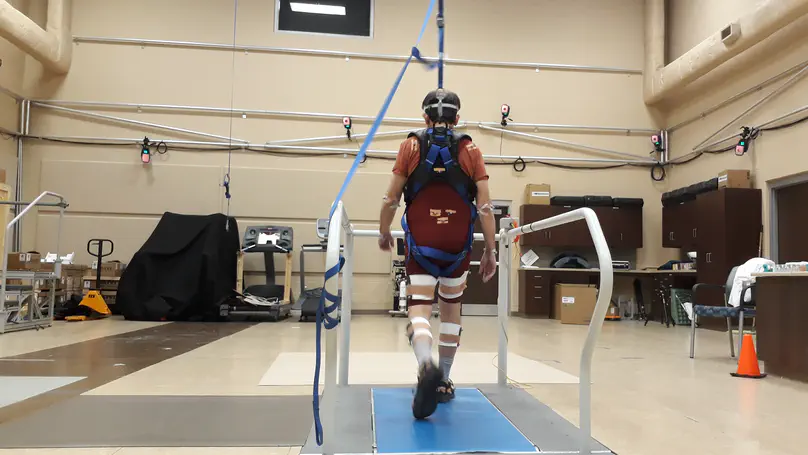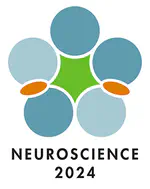Andreas Skiadopoulos
Human Movement Scientist
Aristotle University of Thessaloniki
Mediterranean College
Welcome
Dr. Andreas Skiadopoulos earned his Ph.D. in Kinesiology with a specialization in motor control, biomechanics and ergonomics from the University of Extremadura in Spain, graduating cum laude. Following his doctoral studies, he completed postdoctoral training in human neurophysiology and biomechanics at the University of Nebraska at Omaha and the City University of New York.
His research centers on the neural control of skilled motor behavior. He investigates how the brain and spinal cord coordinate muscle activity to produce smooth and efficient movements, with a particular focus on the role of sensory feedback in motor learning and adaptation. His work encompasses a variety of topics, including the neural mechanisms underlying motor control, the effects of aging and injury on movement patterns, and the development of innovative rehabilitation strategies for individuals with movement disorders.
Dr. Skiadopoulos is committed to promote diversity and inclusion in STEM fields.
- Motor Neuroscience
- Non-Invasive Spinal Stimulation
- Neuromechanics
- Motor Behavior
- Neuroergonomics
- Spinal Cord Injury
PhD Kinesiology, 2016
Universidad de Extremadura
MSc in Kinesiology, 2007
Universidad de Extremadura
Residency in Adapted Physical Education, 2002
KU Leuven / Aristotle University of Thessaloniki
BS in Physical Education and Sports Science, 2002
Aristotle University of Thessaloniki
Positions and Employment
EU-funded National Strategic Reference Framework programme “Acquisition of teaching experience for PhD holders”
- Instructor of Record for “Inclusive Programs in PE Classes”
Lead and teach the following modules as part of the BSc (Hons) Sports Science and Coaching program:
- Introduction to Anatomy for Sport and Exercise
- Adaptive Coaching Theory and Practice
- Research Methods for Sport and Exercise
- Conducted interdisciplinary research on neuromotor control and neuroplasticity, integrating neurophysiological and biomechanical methodologies
- Conducted experimental studies involving noninvasive spinal and brain neuromodulation to investigate neuroplasticity.
- Dr. Skiadopoulos has received a 24-months pilot project grant to study fall risk reduction in community-dwelling older adults, funded by the NIGMS/NIH COBRE for the Human Movement Variability
- Dr. Skiadopoulos secured just over $150K and 2 years of funding through the Nebraska Collaboration Initiative to investigate the effects of an intevention program designed to promote gait stability and mitigate fall risk in community-dwelling older adults
Lead and teach the following modules as part of the BSc (Hons) Sports Science program:
- Biomechanics of Human Movement
- Motor Control and Learning
- Motor Development
Awards
News
Press releases, blog posts, and other news
Research Projects

Noninvasive brain and spinal cord neuromodulatory techniques hold strong potential as neural interfaces to support the recovery of gait function in individuals with neurological disorders. Transcutaneous spinal cord stimulation, in particular, is a promising approach for modulating spinal cord excitability and enhancing locomotor recovery in upper motoneuron lesions.
Speaking
Science Communication Talks






